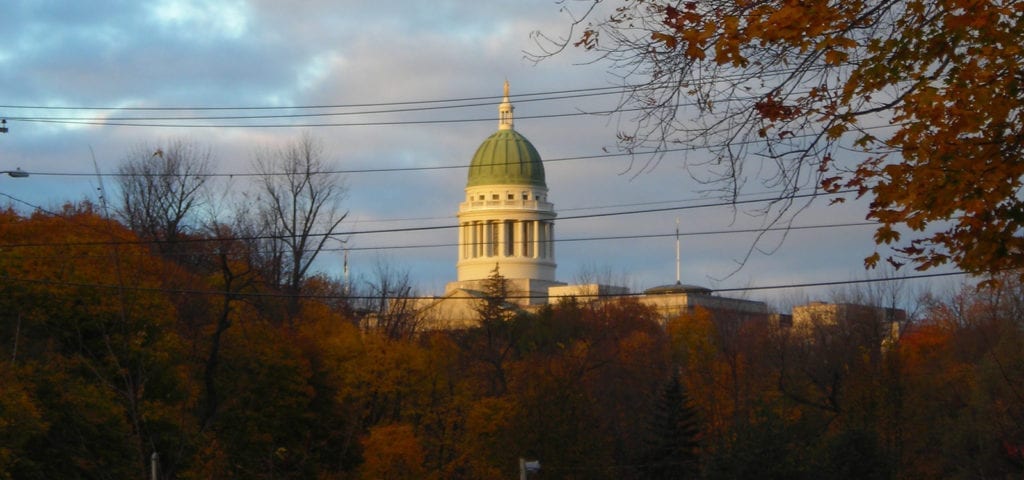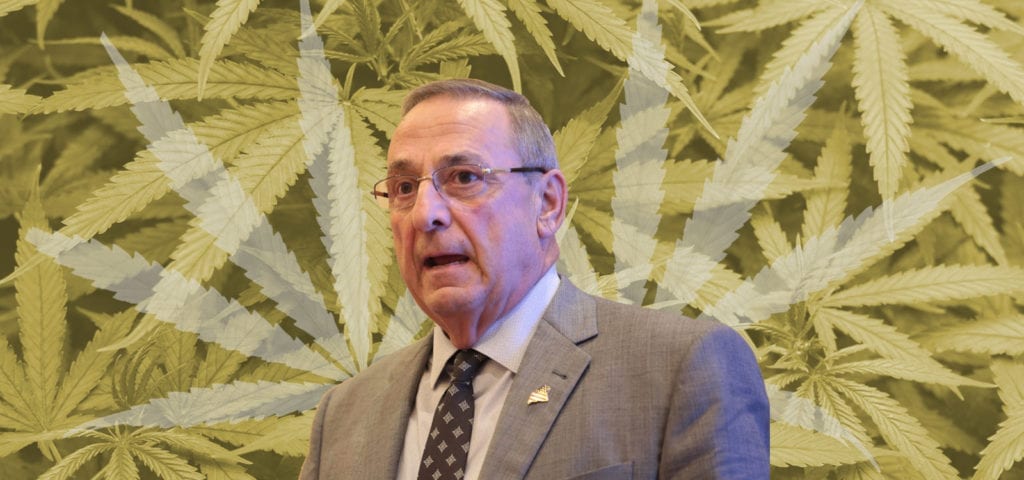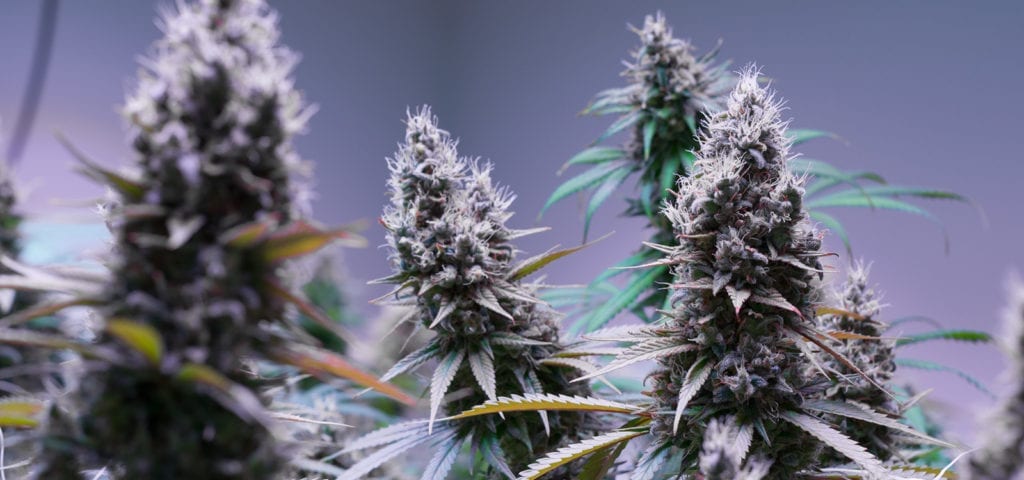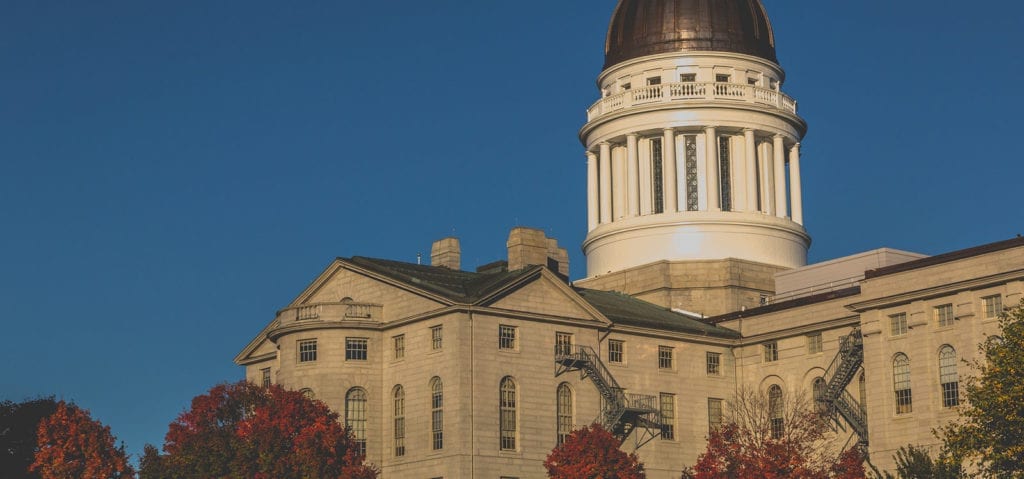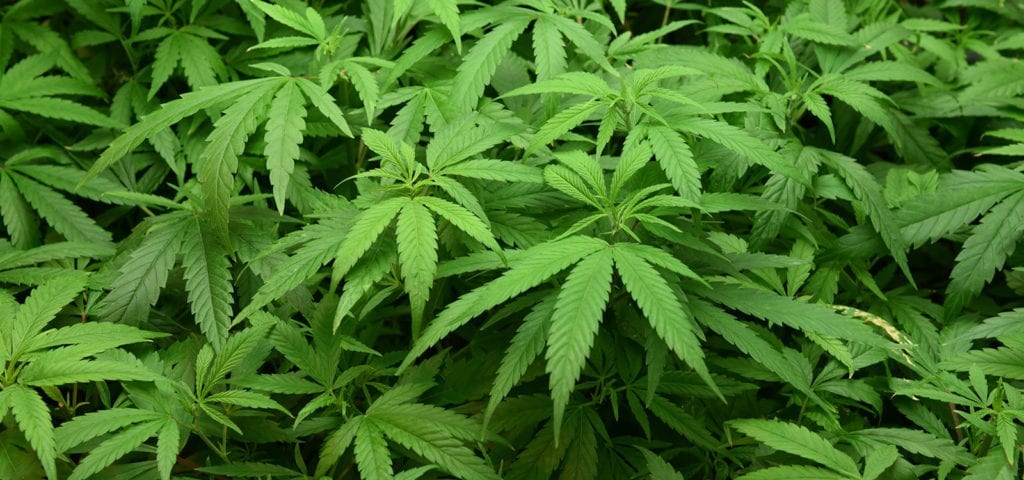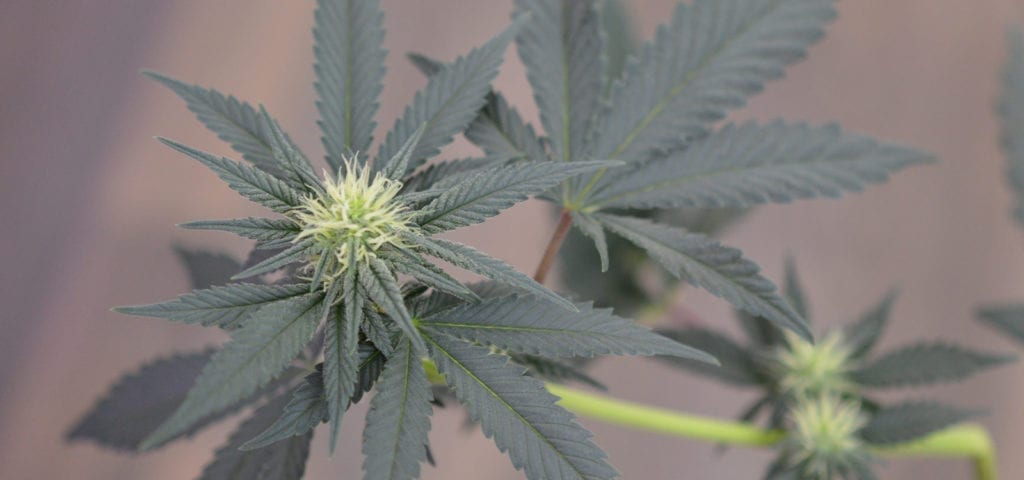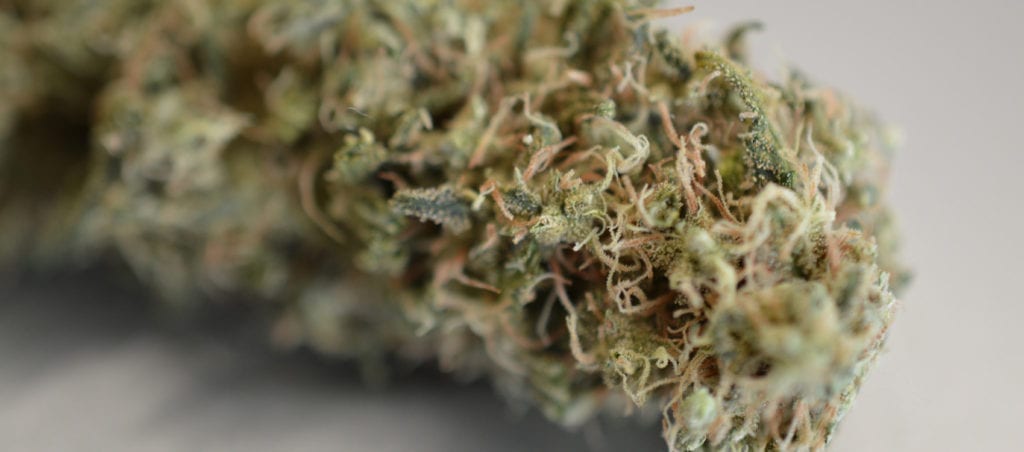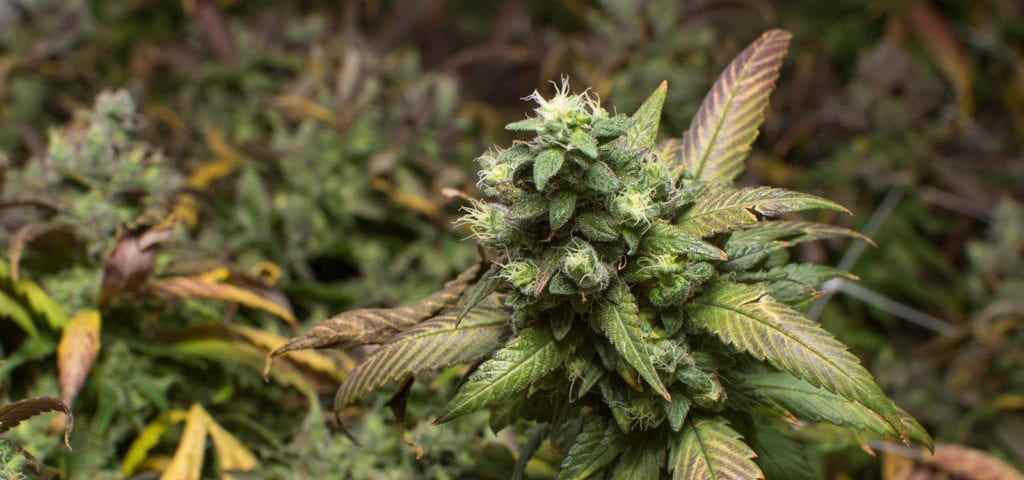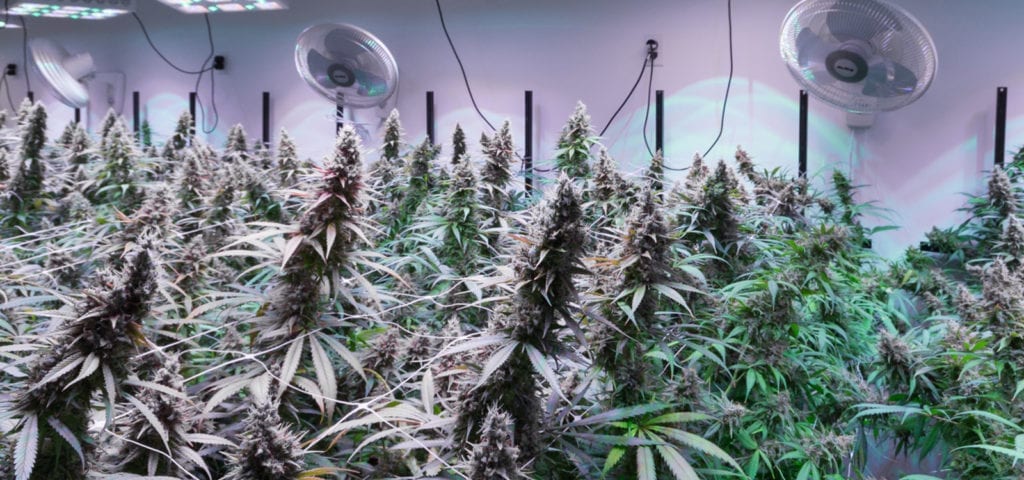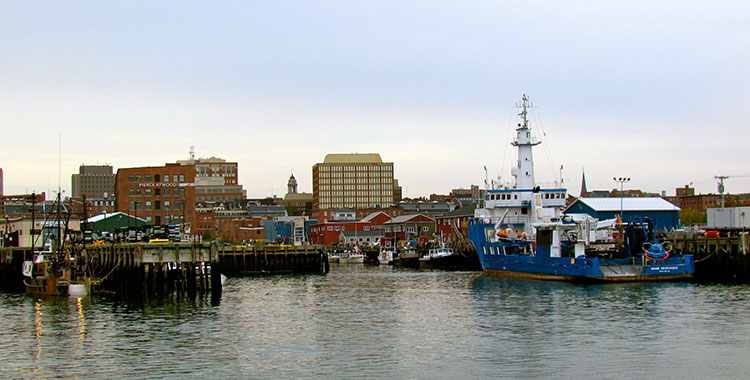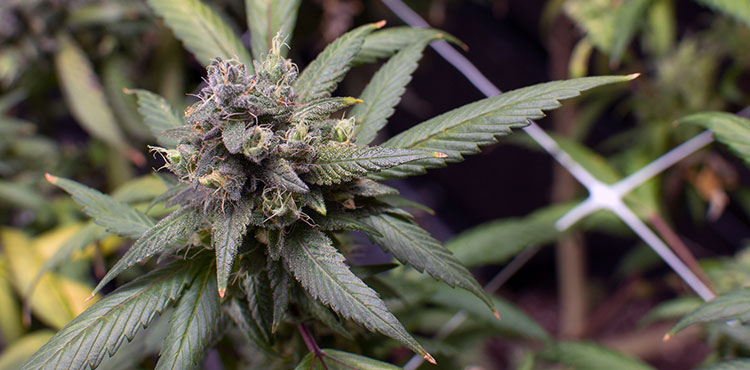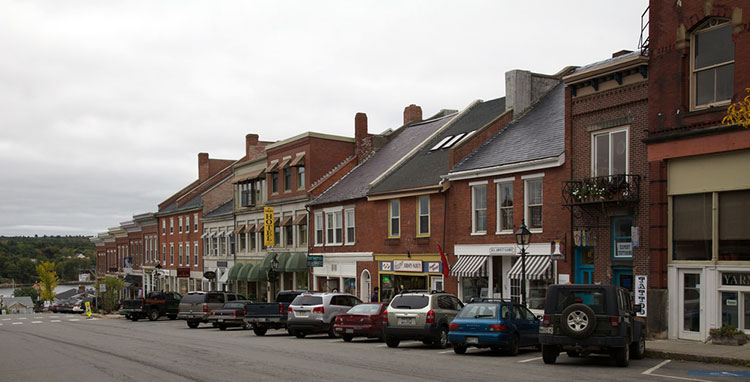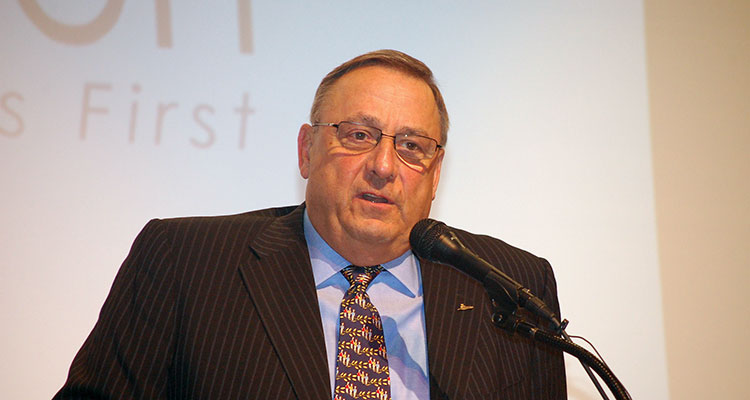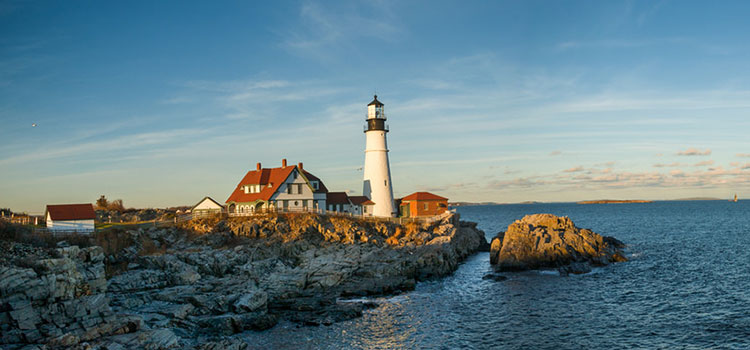Maine lawmakers were unable to override the veto of the legislature-approved recreational cannabis implementation measure by Gov. Paul LePage, according to several media reports. According to a Herald Gazette report, the House voted 74-62 to override the veto, falling short of the two-thirds required; the Senate did not vote because the House did not reach the majority.
According to Democratic Rep. John Spear, who voted to override LePage’s veto, the 17-member special committee that drafted the measure did a thorough job authoring the measure, which passed the committee 15-2.
“Remember this is not about legalizing marijuana, the citizens have already spoken on that question, this is about responsible implementation,” he said in the report.
Rep. Owen Casas, an independent who voted to uphold the veto, said he had concerns over language in the measure that allows excise taxes to be paid directly to municipalities rather than the state, noting that local regulators would likely have trouble trying to deposit cash of $10,000 or more into federally-regulated banks. He indicated that the Legislature would revisit the issue when they reconvene in six months.
In his veto message, LePage said the measure drew a veto because he has concerns about the conflict of legalization with federal law, the timeliness the regime would be rolled out, and the adult-use law’s compatibility issues with the state’s medical cannabis program.
End
